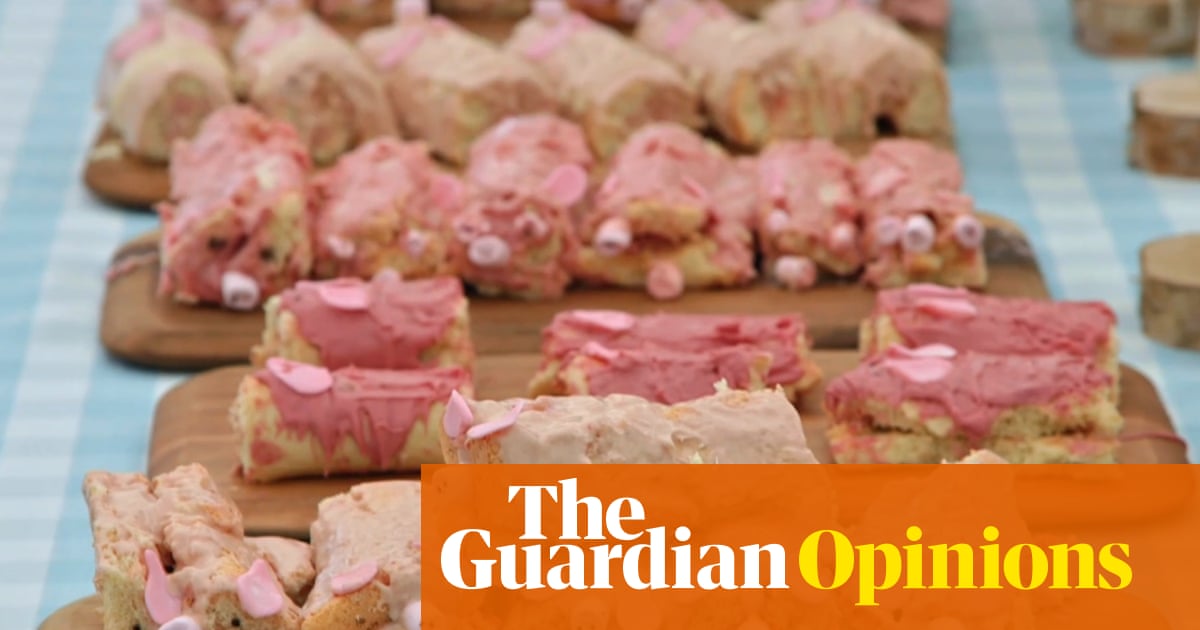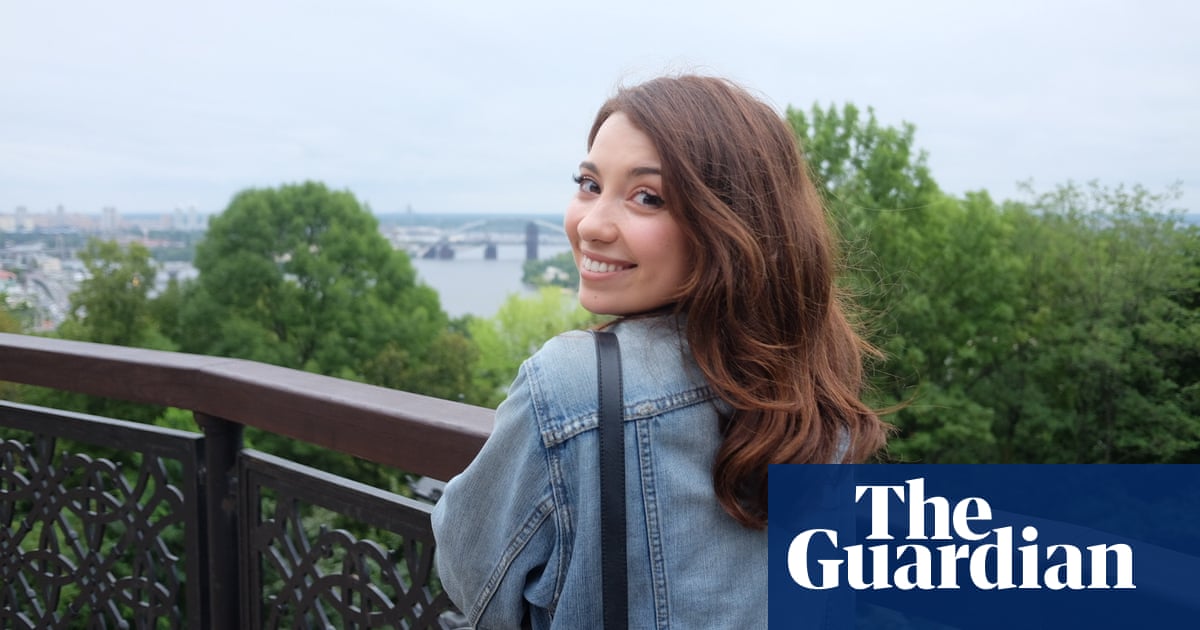
I’m not sure I ever fully appreciated my life until I nearly lost it. In fact, I’m sure I didn’t. On the surface everything was good. I was married and living overseas with our two-year-old daughter. There was food on the table and a roof over our heads, but it felt as if I was drifting – constantly waiting for my real life to start. And then, at 37, I had an ectopic pregnancy, which ruptured and I nearly died.
That was 10 years ago. It should have been the start of my second chance. The jolt to get me going. But, I’m afraid it wasn’t. I was alive, but I still wasn’t really living. I still seemed to be stuck in all the things I hadn’t done over the years, rather than enjoying all the things that I did. As the days and weeks passed, my regrets just grew.
Part of the problem was that my list of good things – the marriage, the family – wasn’t completely accurate. There was a lot of good in my life, but there was other stuff going on as well, under the surface. I was heading towards 40 without a career, in a relationship that didn’t quite work and living in a place that didn’t really feel like home. Basically, I was unhappy.
Why do we drift through life, planning for tomorrow but not living for today? Why do we stay in relationships that no longer make us content, or in jobs that fill us with dread? Why do we allow our doubts to stop us from trying new things, or let people treat us so badly?
I wanted to find out the answers to all of these questions, because I wanted to live differently. I didn’t want to be stuck any more. I wanted to work out what we regret and how we could all learn to regret a little bit less. So, after yet more drift, we moved back to the UK and I decided to face it head on. I decided that rather than look to myself for answers, I would look outward and listen to other people facing their own mortality. Not really people who were recovering from a near-death experience like me, but people who were living with a terminal or life-limiting illness, or were over the age of 70. People who wanted to talk about the choices they’d made and the things they wanted the rest of us to realise before it was too late.
I put up notices in local libraries and community centres; I got in touch with support groups and online forums, asking those who wanted to talk to get in touch. And they did, from all over the world and from many different backgrounds: the youngest was 28, and the oldest was 94. We met in person, connected over the phone, and in some cases – when talking was too hard for them – via email.
And what started as a mission for answers has turned into a book. A collection of 21 stories of regret from around the world, to help those of us who find ourselves at a similar crossroads in life. Stories about love, family, and secrets; about last words spoken, and regrets within grief. And that is what happened to me: I listened to what everyone had to say, then listened to myself, and finally managed to move on.
Alan had spent decades building a successful career, chasing promotion after promotion. But after he was diagnosed with an incurable brain tumour at 49, it took him less than six months to realise that he had “wasted most of his life”, and wished he had taken a different path.
Sid was 73 when I spoke to him, and living with asbestosis on his lungs. He told me how, in his early 20s, he had ended a relationship with a woman whom he would soon regard as the love of his life. He went on to spend the next 50 years wondering what could have been and regretting his decision to leave.
Anthea had been raised to think she wasn’t enough. That she had to diet to be slimmer, and use sunbeds to be browner. Sunbeds that would lead her to develop terminal melanoma in her mid-40s, which then spread to her major organs and sadly cut her life short.
Katie was diagnosed with bowel cancer at 31, and died just a year later, leaving behind two young children and a loving husband.
Alan taught me that we shouldn’t worry about the things we can’t control; Sid showed me that you should always follow your heart, or risk losing it; Anthea explained that we are enough, just the way we are, even though we can’t always see it in ourselves. And Katie wanted us to appreciate all that we had, but probably took for granted – just as I had all those years ago. She wanted the privilege of growing old with her partner and the chance to watch her kids grow up. But when she knew she was running out of time, it became clear that it was the “little” moments in life that she would come to treasure the most. That there was no bucket list to tick off, or grand plans left to do; that they all fell away when the reality of her situation became undeniable. That she just wanted to be there to see her kids enjoy Christmas, to help celebrate their birthdays, and to go to the beach and watch them play.
Katie wanted us to appreciate the everyday moments. Because, in the end, she felt they were the things that we will remember and cherish and hold the closest. And that’s what I realised after talking to all of these different people: that when we look back, what we treasure the most isn’t the grand holidays, the promotions, or the adventures I had always longed for. That in the end, it’s those little moments that we dismiss so easily that make our lives so very, very big.
My life isn’t perfect now. Hard moments still exist. Tricky decisions still have to be made and I still find myself worrying that I’m going to fail or not be good enough. But my regrets don’t consume me any more. They don’t fill all my quiet moments because I can see them for what they are: decisions made for the right reasons at the time; and choices taken to try to rewrite history and the situations I’ve found myself in.
And once you can see the connections between your actions and the reasons for them, somehow, they feel less overwhelming. They feel less like a sign that you’ve failed and more like a normal, human reaction you can learn from. Now I listen to my gut. Now the choices I make no longer bind me to a long list of second-guesses. I took control of my life and started to make all of the changes that were long overdue – thanks to listening to the advice of the people I spoke to.
I had been estranged from my mum for a number of years and I managed to find a way for us to reconnect before it was too late. I stopped worrying so much about my work being rejected and started sending it out instead. And after decades of yo-yo dieting, I started practising moderation; and slowly, and gradually, lost more than 50lb (and kept it off).
But the biggest and most life-altering change I made was the decision to end my 22-year relationship. After four years of courtship and 18 years of marriage, it was time to call it a day. We had tried and tried to make it work, but it just didn’t work any more and neither of us was happy. So, after years of hesitation we separated, and became friends who co-parent instead. We are now a family, in two happier parts. He comes round for pancakes; we spend holidays together; and once a year, on what would have been our wedding anniversary, we have a “family day” – a day out to enjoy and celebrate all the positive things we’ve shared.
That moment when I nearly died and all the time I have spent listening to people talk about their own regrets, finally made me click out of screensaver-mode. It made me realise that we need to change the things that no longer make us happy, and try to fully appreciate all the things that do. Living with regrets can feel like a very negative thing and yet they can also, if kept in perspective, act as a reminder of all the things we want to do, and all the things we need to change, if we just listen to them.
Hearing all these amazing stories has helped me to understand all that. I hope that maybe reading about them will help others to see it, too.
Regrets of the Dying: Stories and Wisdom that Remind us How to Live by Georgina Scull is published by Welbeck on 14 April in hardback, at £16.99. Buy a copy for £14.78 at guardianbookshop.com












